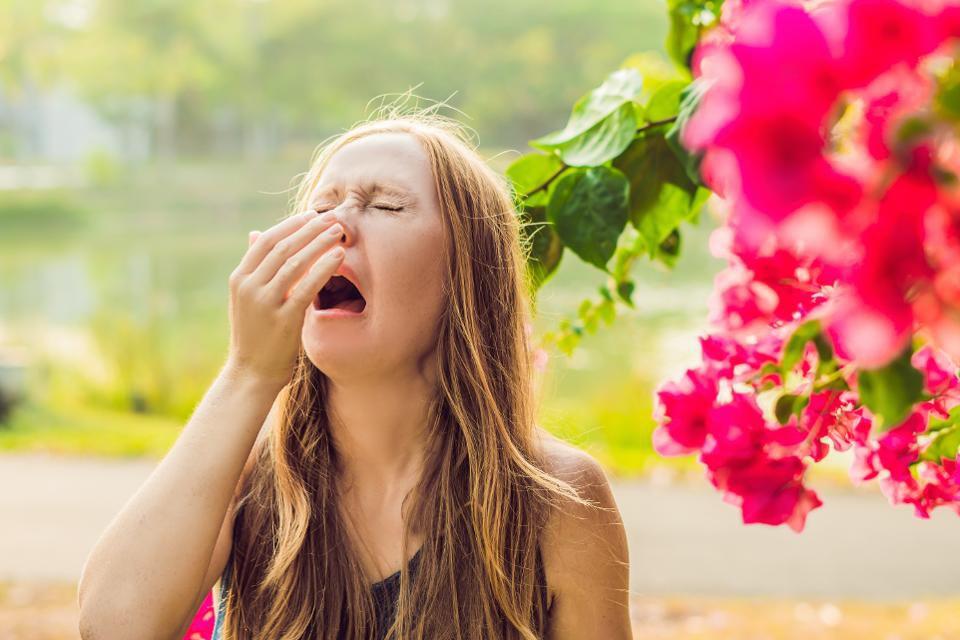
| Some hay fever tips on a surprising phenomenon you may not have heard of during Hay Fever season. Hay fever must rank as one of the most annoying afflictions on the planet. One minute you*re happily minding your own business, the next you are sneezing constantly and your nose is streaming.And if you don*t get on top of it, you know what*s coming next an aching head and infuriatingly itchy eyes that are red and puffy. It*s not attractive, and it*s certainly not pleasant. Hay fever does have a major impact on sufferers* quality of life. Aside from the symptoms themselves, it also affects your ability to think and concentrate, so it may reduce your ability to be productive at work or carry on with your daily activities. Have you felt that you*re a bit more forgetful lately ? When you*re experiencing allergies, have you felt like your brain is meandering in a * fog * ? You may experience symptoms such as:
Repeated nights of disrupted sleep on account of allergies can slowly wear you down over time and dull your mental edge. To add to the disorientation, the allergy medications that you buy to relieve your hay fever usually result in an even hazier condition than that brought on by the allergies alone. What can be done? Quercetin They work well with vitamin C, and so if you use the two together, you will benefit even more. The best bioflavonoid for hay fever is quercetin. It helps stabilize the cell membranes of the cells that otherwise would discharge their histamine. It is a natural antihistamine and works to reduce any inflammation of the nasal passages, the bronchial airways and the throat. Stinging Nettle Stinging nettle has many different uses and is one of the most effective natural remedies for hay fever. It contains vitamins C and K, has immune-boosting proteins and an anti-inflammatory agent called scopoletin. Stinging nettle has long been a traditional remedy for eliminating mucus, treating coughs, relieving chest congestion and causing an antihistamine effect. Elderberry This gentle herb is used for bronchitis, catarrh, common cold symptoms including coughs and sore throats, fevers, influenza, neuralgia, rheumatism, sciatica, skin disorders, and hay fever. Pine Bark or Pycnogenol — In Europe they have used pine bark or Pycnogenol against hay fever and allergies with great success since 1960. It is believed to have a powerful antioxidant effect that stops the production of histamine and so prevents symptoms from developing. Kelp seaweed can be very effective against hay fever Some other herbs are useful and effective in their role of supporting the immune system, these include herbs such as cayenne, chickweed and also lemon balm. |